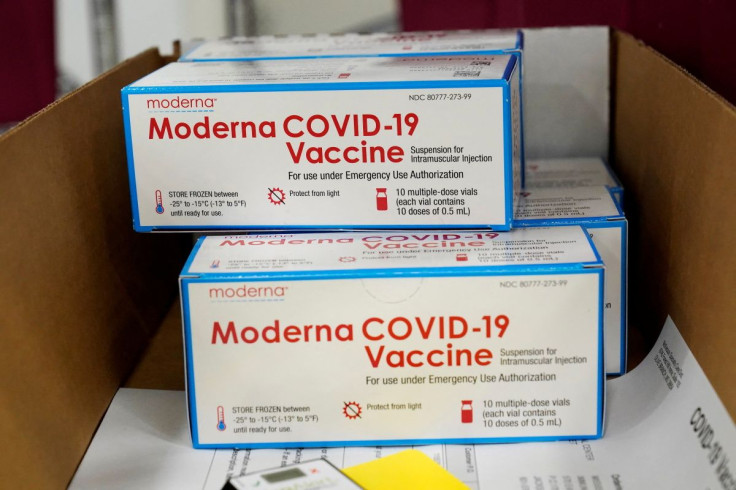Arbutus Files Patent Infringement Lawsuit Against Moderna Related To COVID Shot

Arbutus Biopharma Corp on Monday sued Moderna Inc in Delaware federal court, claiming Moderna's COVID-19 vaccine infringes its patents.
Arbutus and Genevant Sciences said in the lawsuit that Arbutus' technology for delivering mRNA was responsible for Moderna's ability to get its vaccines out in record time.
Arbutus and Genevant, a joint venture between Arbutus and Roivant Sciences Ltd, told the court that the lawsuit was necessary because Moderna had "consistently declined to engage meaningfully in licensing discussion."
Shares of Arbutus were down about 2.5% while Moderna was up 0.6% in late afternoon trading.
"Moderna denies these allegations, and will vigorously defend itself against Genevant's claims in Court," a Moderna spokesperson said in an e-mailed statement to Reuters.
The lawsuit said the companies were not seeking to block Moderna from producing or distributing the vaccines, and asked for money damages including a reasonable royalty on vaccine sales.
Sales of Moderna's COVID vaccine, which is cleared for use in over 70 countries, have been on the rise. The vaccine garnered $17.7 billion in sales in 2021 and is expected to bring in up to $19 billion in 2022.
Roivant and Genevant said that the litigation could take at least two years.
"It could obviously take lesser time than that especially if all the parties reach a settlement agreement," said Jefferies analyst Dennis Ding.
A federal appeals court in December rejected Moderna's challenges to some of the Arbutus patents.
Moderna is also embroiled in a months-long patent conflict over its COVID-19 vaccine with the U.S. National Institutes of Health (NIH).
Moderna in December said it had decided not to pursue a U.S. patent application related to the vaccine to allow more time for discussions with the NIH.
© Copyright Thomson Reuters 2024. All rights reserved.





















